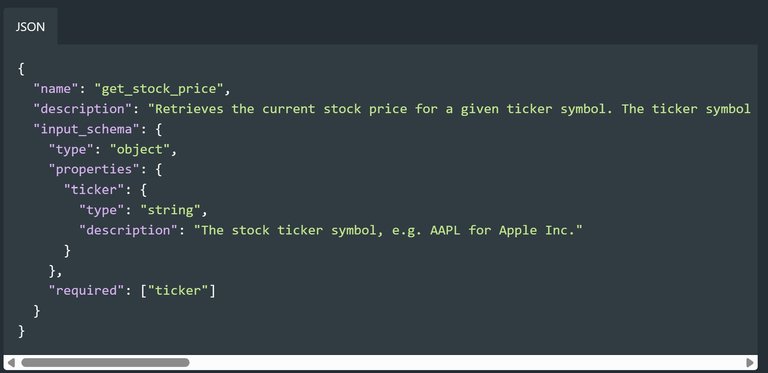The chatbot race wars are heating up. This is truly the arms race of our time.
OpenAi gets a great deal of attention. The CEO, Sam Altman, has attained celebrity status. He is one of those CEOs that, when he talks, everyone listens.
That said, this is far from the only game in town. X.ai, run by another celebrity CEO, Elon Musk, put the latest version of Grok live on X. Google cannot be overlooked with anything to do with data. The case is the same for Zucerkberg.
The one leading the charge might be none of the above. Instead, Claude AI, by Anthropic, might be stealing the show.
Moving To Personal Assistant
At the moment, chatbot technology is in the embryotic state. This will change as the technology matures.
My view, along with many others, is we are seeing the foundation for what will eventually become personal AI assistants. The technology will be personalized so that we are able to feed our own data in, bridging the digital to real world.
While that is the vision, it will be a bit of time before we get there.
Anthropic, however, is taking a step forward. It was recently announced that it released a beta of its “tool use” functionality on its API. This allows for the integration of external tools that can provide real time information.
For example, here is a script written to provide stock quotes, in this case Apple.

Suddenly, we are dealing with something that has the most current data. This is vital if we are ever to see personal AI assistants.
What is the potential?
Consider anything that has to do with information and is timely. We are dealing with stock quotes, weather, sports scores, news, and the latest announcements.
This could be tied to other services, providing personalized announcements.
Let us say one's calendar has an appointment at 10:00. There is an email sent out notifying everyone the meeting was moved back 30 minutes. Here is where the AI, since it has access to the emails, updates the calendar of the change.
As we can see, suddenly the possibilities are near endless.
Altering How We Interact With The Web
The Internet is changing before our eyes.
Today, search engines are the primary way to find information. Unfortunately, there are major drawbacks to that. Nevertheless, it is the best we have and does work in most instances.
We are witnessing the development of something that goes so much further. It also alters the relationship people have with different applications.
As I write these words, if I want to look something up, I click on another tab and likely do a traditional web search.
Of course, that might be changing. There is a chance I head to my preferred chatbot to get the answers I am looking for. This is what the companies behind these applications are hoping.
Here is where the twist can enter: what happens if I can get the information without leaving the application I am in? To state another way, what if I could keep writing my article while getting the answers I need?
That is what we are looking at. It is why it is imperative that every application start to incorporate this technology in. Without it, people are going to end up elsewhere.
The Path Towards Personalization
For the moment, these applications are not very personalized. For the most part, they are generic, perhaps offering the ability to store one's prompts.
I think this is a short-lived situation. Over the next 12 months, we are going to see more infrastructure build, allowing for the connecting to external applications (and data).
As clients are developed, we can see how this could be adapted to provide more utility. For example, what if our brokerage account was the application connected to. It provides real time quotes on stocks, understanding our portfolio. Perhaps there is some news relating to one of our holdings that would necessitate a sell. The "assistant" could handle it for us.
Naturally, this brings up security concerns and walls of separation have to be built. That said, we can see how this could expand over time to perform these functions. AI clients are getting a lot of attention. My guess is they become a bigger story over the next 18 months than chatbots were since ChatGPT was introduced.
Interaction is key. The successful digital platforms are those which keep increasing the interaction that occurs. This is done by adding more layers.
It is easy to see how an application with some of these concepts integrated will be turned to more often than those without.
Here is where Web 3.0 is likely at another crossroad.
Are platform developers going to apply this to the business model or make the same mistakes as before of simply looking for more users.
Posted Using InLeo Alpha